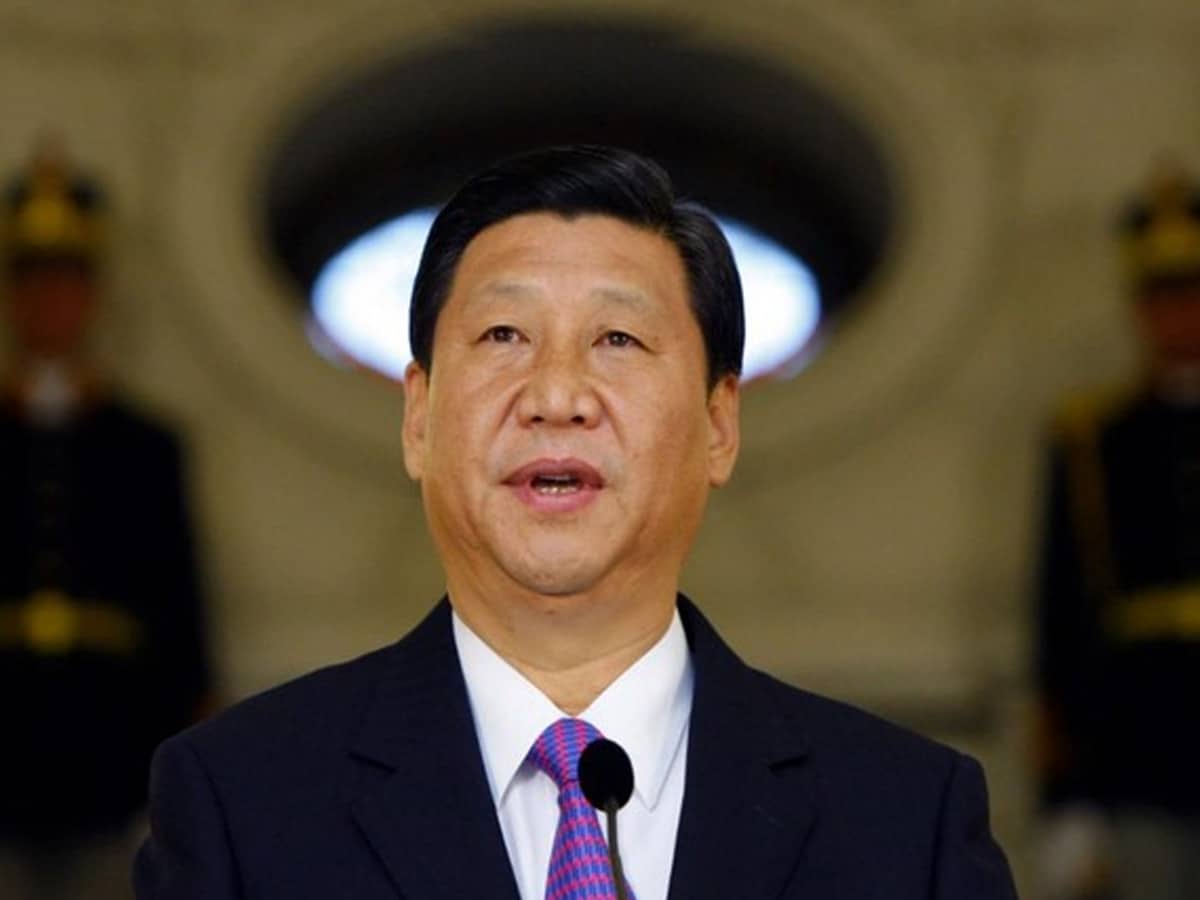Beijing: Chinese President Xi Jinping has said that no nation should dictate global rules or interfere in other countries, as Beijing continued to express its displeasure over growing international criticism over several issues including the human rights abuses in Xinjiang.
In an apparent reference to the US and its allies, Xi made his remarks on Tuesday at an annual Boao Forum for Asia, where he virtually addressed more than 2,000 officials and business executives, South China Morning Post reported.
“The destiny and future of the world should be decided by all nations, and rules set up just by one or several countries should not be imposed on others,” said Xi, adding that the whole world should not be led by unilateralism of individual countries.
This statement comes days after Biden affirmed his “ironclad” support for the US-Japanese alliance, saying that both the countries are committed to work together to take on the challenges posed by China to ensure the future of free and open Indo-Pacific.
“Today, Prime Minister Suga and I affirmed our iron-clad support for the US-Japanese alliance and for our shared security. We committed to working together to take on the challenges from China and on issues like the East China Sea, the South China Sea as well as North Korea to ensure the future of our free and open Indo-Pacific,” Biden said after a meeting with Japan’s Prime Minister Yoshihide Suga last week.
Both US and Japan have agreed to oppose any attempt to change the status quo by force in the East and the South China Seas, said Suga at a joint presser.
On the question of Taiwan and the rights issue in Xinjiang, the Japanese PM had said, “As we engaged in an exchange of views over the regional situation, we also discussed the circumstances in Taiwan and Xinjiang Uyghur autonomous.”
Suga’s statement comes amid growing Chinese activities in the East and the South China Seas which has caused serious concerns among its neighbours. Beijing in the recent past has also increased its military aggression near the Taiwan Strait.
According to the Hong Kong-based English daily, the US has also begun to consolidate its alliances in Europe and Asia, with US Secretary of State Antony Blinken stressing “the need to engage China from a position of strength”.
The US, the European Union, Britain and Canada have imposed coordinated sanctions on China over the human rights violations in Xinjiang.
Meanwhile, Beijing has continued to deny the charge of human rights violations and has imposed visa restrictions on several individuals in response to the US sanctions.

